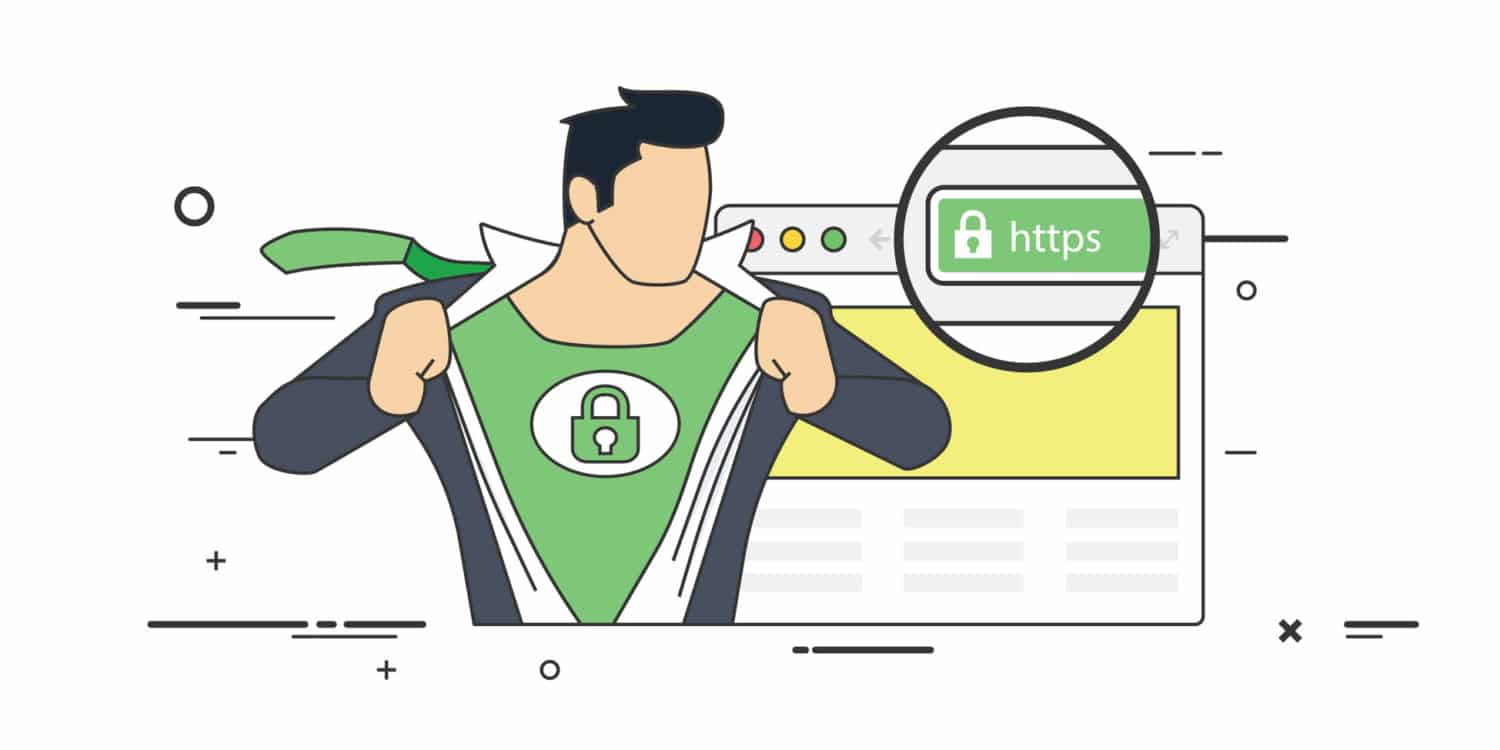How important is your customers’ data to you? If you have a physical store or office, no doubt you take precautions to ensure important information about your customers is safe from prying eyes. So why would online security be any different?
If your business has a digital footprint which involves the transference of sensitive customer data, you are always at risk from hackers and scammers. Taking steps to secure your information is much akin to locking up important documents in filing cabinets in your physical premises. While an SSL (see below to learn more!) is imperative for sites that collect sensitive data from their customers, they should also be commonplace amongst all websites to ensure security for visitors and your website.
Follow the Leaders
Google is indisputably the leading force on the internet going into 2018. It is no surprise then that Google has launched an automatic feature for its Chrome browser that alerts users to potentially harmful or unsecure websites.
In short, this means if your website isn’t secured, don’t expect a favorable rating from the largest search engine on the internet. As casual web browsing becomes more commonplace, most people are savvy enough to recognize a security warning when they see it, and will opt to use sites which are deemed as taking steps to protect data.
SSL Websites
“Secure Sockets Layer” sounds like some sort of insulation against electrocution. However, SSL is a standard internet protocol which has been used to keep data transferred between a client and service safe for decades. The problem is, up until recent years, it has been mostly employed by larger websites that store the financial data of users.
When you visit a site and it has “https” rather than just “http” at the beginning of the URL, that means the site provides a secure connection. SSL sites also require a special certificate, which certain browsers or plugins can detect, and provide the user with warnings before they agree to proceed with providing their information to the site. Google’s recent update ensures anyone using the Chrome browser is presented with a warning when a site is not secure. Google prefers websites that have an SSL, and in turn, ranks those sites higher. So if you want to have the best possible relationship with Google, an SSL is a wise decision!
Secure your Website with Skol Marketing
An SSL is not the only way to secure your website. There are various vulnerabilities websites face which the average business owner may not know about. At Skol Marketing, we work with the leaders in internet security to ensure our clients and their websites are always protected.
Contact the experts at Skol Marketing at 612.787.SKOL (7565) to learn more about SSLs, other methods of securing your website, and create a better relationship with Google!





